all oppression is connected
A well intended person commented with something along the lines of being affected by being on the other side of an oppression that others cannot understand.
More to the point, what can a white girl living what appears to be a middle-class life possibly know about standing behind the gate of a burning oppressive hell?
I find it a dangerous assumption to categorize others based on social ideas of “who” lives under the thumb of oppression.
My dreadlocked friends find themselves oppressed by a culture. My black friends find themselves oppressed by police. My clients find themselves oppressed by their spouses.
It is a dangerous assumption to believe that someone other than your race, your religion, your culture cannot understand oppression.
Ferdinand Mount presents the idea that marriage in and of itself is a threat to the institution of the government. The union of two people in essence creates a nation onto itself which the government wanted desperately to control, so they did, by implementing marriage certificates along with spiritual binding ceremony.
The reality that a dyad creates a culture, which creates a family, which lives and breathes the culture the dyad creates, is the key component.
Families are power. So powerful that the government is threatened that they cannot entirely control the values and morals and actions they implement. The government cannot control their thoughts, beliefs, or traditions. So the government wants in.
I saw a picture once of an angel sitting with his back turned on his knees and an adult with very large scissors standing behind him clipping his wings saying something along the lines that a parent shouldn’t be our first oppressor. But, huh hum, in a shit ton of situations this is the case, and this case bleeds into generation after generation unfolding under them.
Families are so powerful that I could say only someone coming from a family that has oppressed them could understand oppression, but I wouldn’t. When my deadlock friends get into a car fearing they will get pulled over by the look of their hair, or my black friends fear they will be the first to be charged or my clients fear their spouse’s actions when they enter their home, and when the child who cannot understand one thing onto himself but is told from day one that he is a piece of shit, and who to think of and how to think of why what is where… (you get my point)…they know what it is like to be oppressed.
You can take the kid out of the city but never the city out of the kid, the same is true for family patterns of oppression. We either fall into it with our own children by using them as tools to heal our own desires for reprieve or we reject oppression for their sake, but ultimately, oppression is the tipping point in the middle that we are avoiding and terrified of to the point of it consuming us, or us rejecting it. Still, feelings of oppression are in control.
My partner says, “If you are a white man in America you have nothing to complain about.” I understand his point deeply but am also conscious enough to understand this possibility: the feminist movement has made it as such that the notion of a workshop for men entitled, “Don’t be a pussy, grow a vagina” may be in the works. This. Is. Oppressive. White men in America are fighting their emotions to uphold their manhood, or bleeding from them and considered less than a bitch of a woman.
Obviously, this is stretching ideas of oppression and my intention is not to undermine the realities of those oppressed by a larger culture or the microcosm of a culture they are surrounded by, but for those who struggle so deeply with feeling oppressed that they have not yet stepped into the shoes of someone who they’d never suspect knew anything about oppression, I ask you to consider stepping out of the idea that “your” kind of people have it worse than “our” kind of people. We the people, for the people.
I could bark off a laundry list of a lineage of oppression of mind, body, and spirit from birth till death do us part, but I’ll spare the details because those who understand the first part of this sentence, have details of their own they could fill in the blank with.
Bullying is oppressive. Child abuse is oppressive. Fearing unjust charges is oppressive.
Walking into a store dressed in clothes half as nice as the clothing line at the store and having the attendant follow you around for fear you’ll steal what you don’t have the means to buy, is oppressive.
Whether it’s a lifetime, a lineage, or a year, oppression and its hell is embezzling our oneness from our DNA, and that runs deeper than the color of one’s skin, a family, or culture. It’s been passed down through history, and by assuming only one kind or a few kinds of people suffer from its effects is a dangerous territory which, actually, maintains oppression and passes it further down the number line.
If we want to step out of the laws of oppression instituted throughout history books, we must be in control of liberating ourselves beyond it and be conscious to provide gentleness to those we don’t suspect know a thing about living under its thumb.
Gandhi himself once said, “I always get my best bargains behind prison bars,” according to an article in TIME magazine. Despite your beliefs about him or what he actually did to create change, his example is liberation through the mind. (Though I’ve read he was racist in other ways, in which I don’t intend to use him as an example for).
My friends friend, Pamela Smart is a white woman, school teacher, who has been in jail for most of her life though she is believed to be innocent. She has been raped, robbed, and unjustly accused of a murder she never even owned a weapon for. In jail, she has found her spirit, became a reverend, got a degree in law, and shakes things up from the inside. She is not free in form, but she is free, in mind.
If our intention is to be released from oppression, it may be a very good consideration to honor every person we meet as being someone who has to deal with oppression. It may be in different forms, in different functions, in different institutions, but please reconsider that the notion that because someone is light-skinned and appears happy, that they have never known the oppression that you know, or that they currently aren’t battling with it themselves. Those assumptions are skin deep, and after all, isn’t that what we’re trying avoid.
Liberation can begin with this simple sight. We are all oppressed to some degree, and by considering that not everyone is, is a bit oppressive.
By Empowerss
YOU MAY ALSO LIKE
- 10 Signs Of Emotional Numbness and Ways To Recover
- 10 Secret Areas Where You Store Stress In Your Body

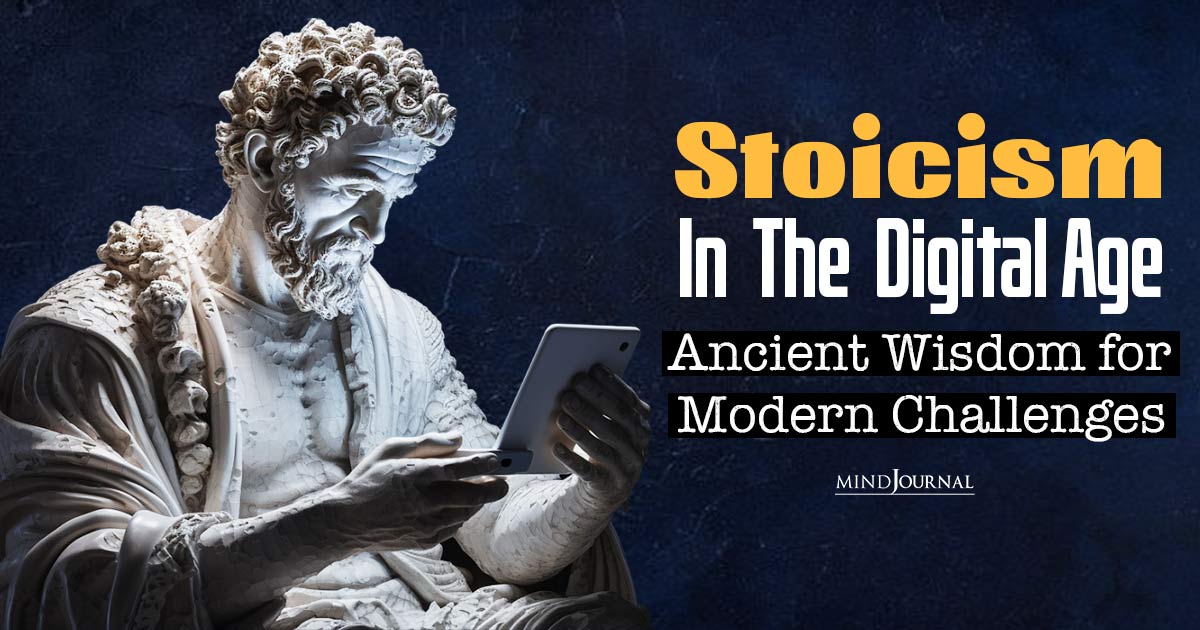
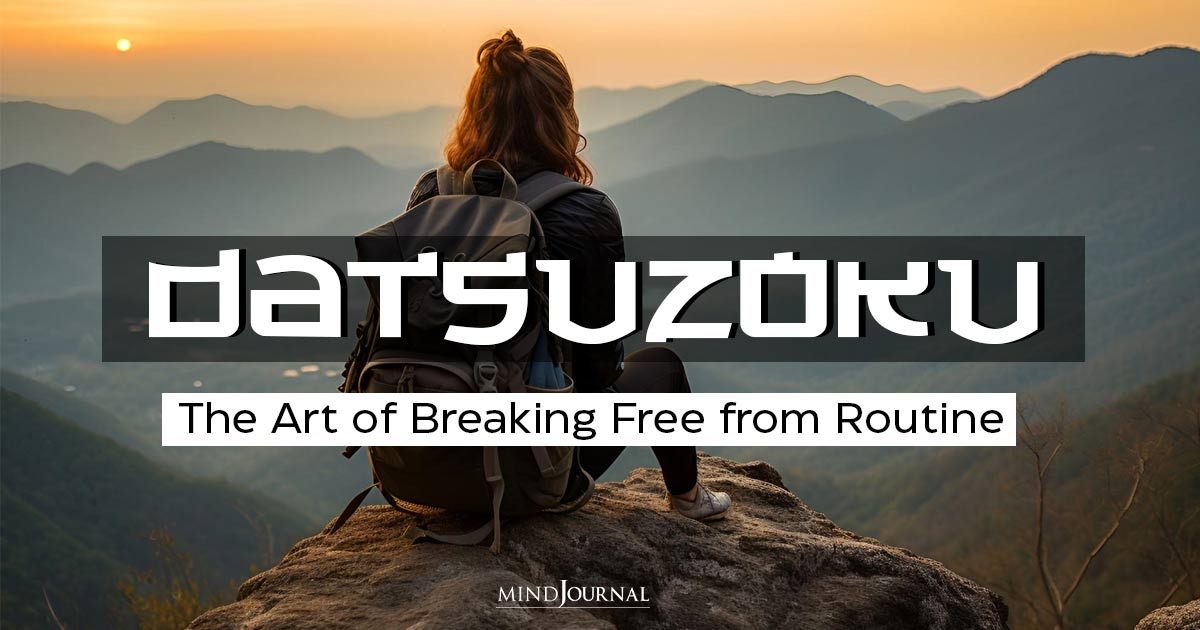
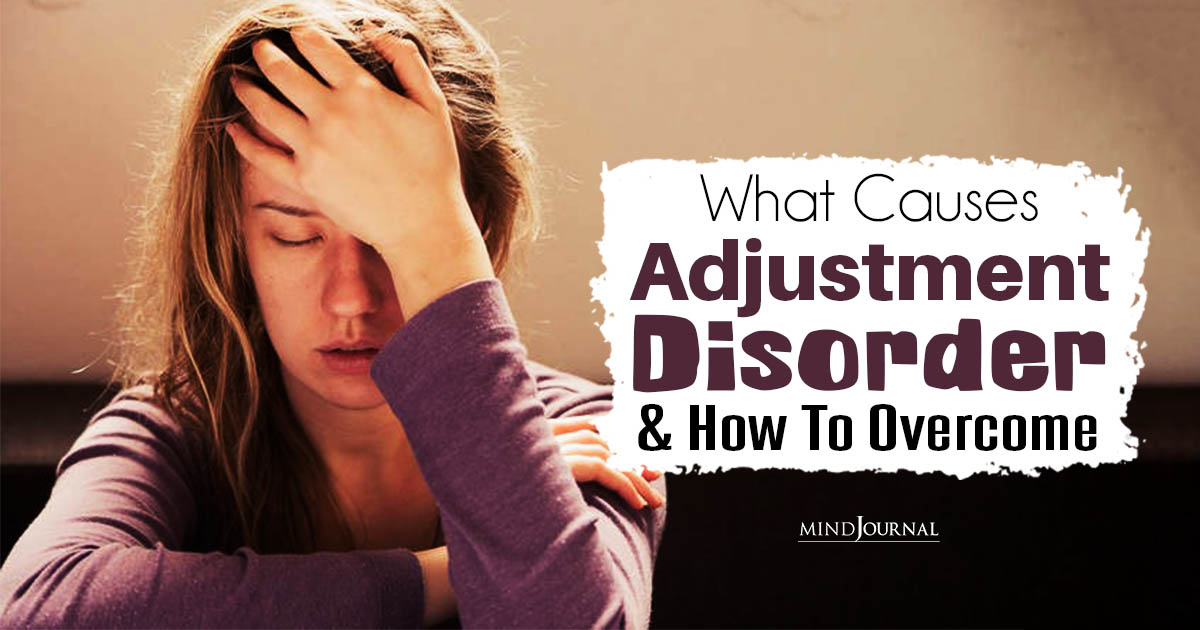
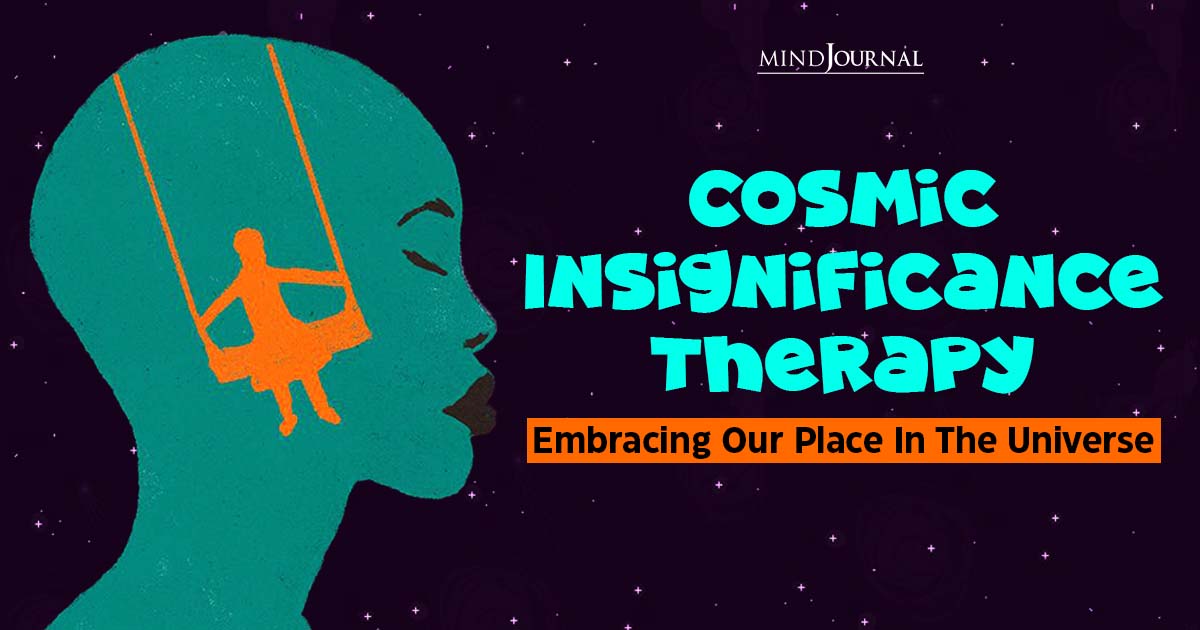
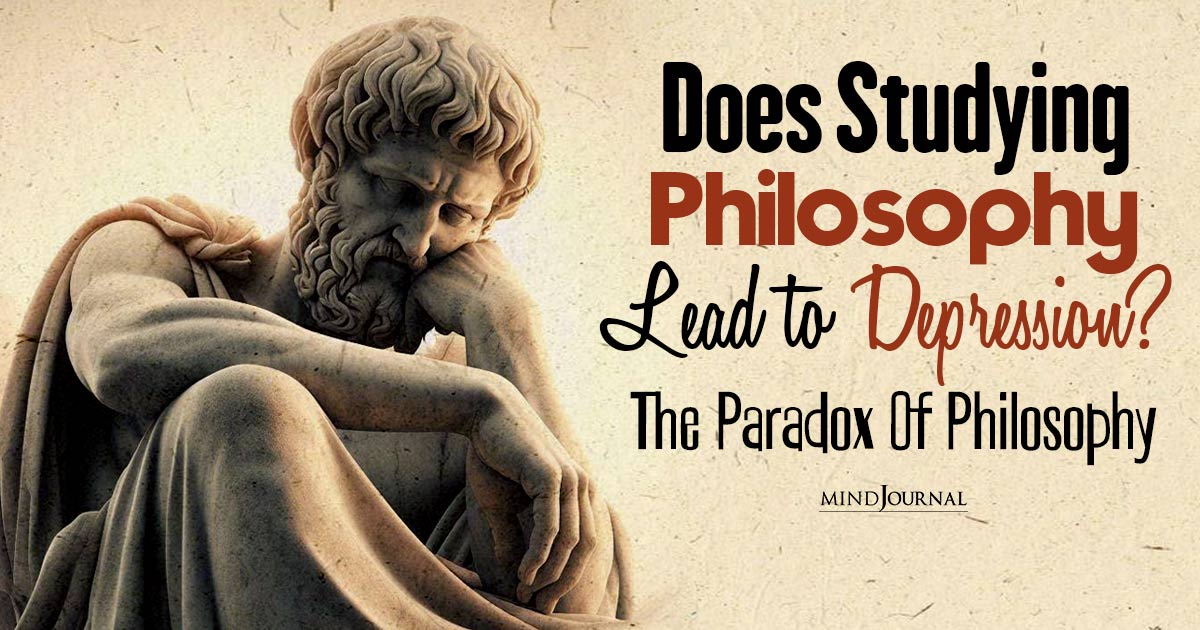
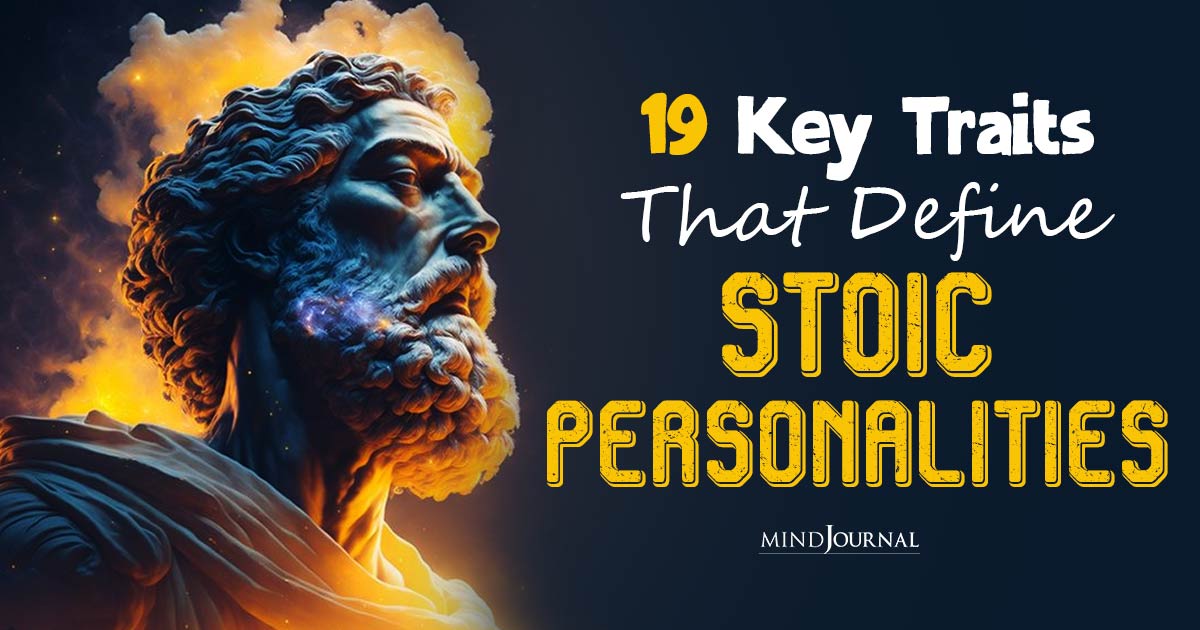
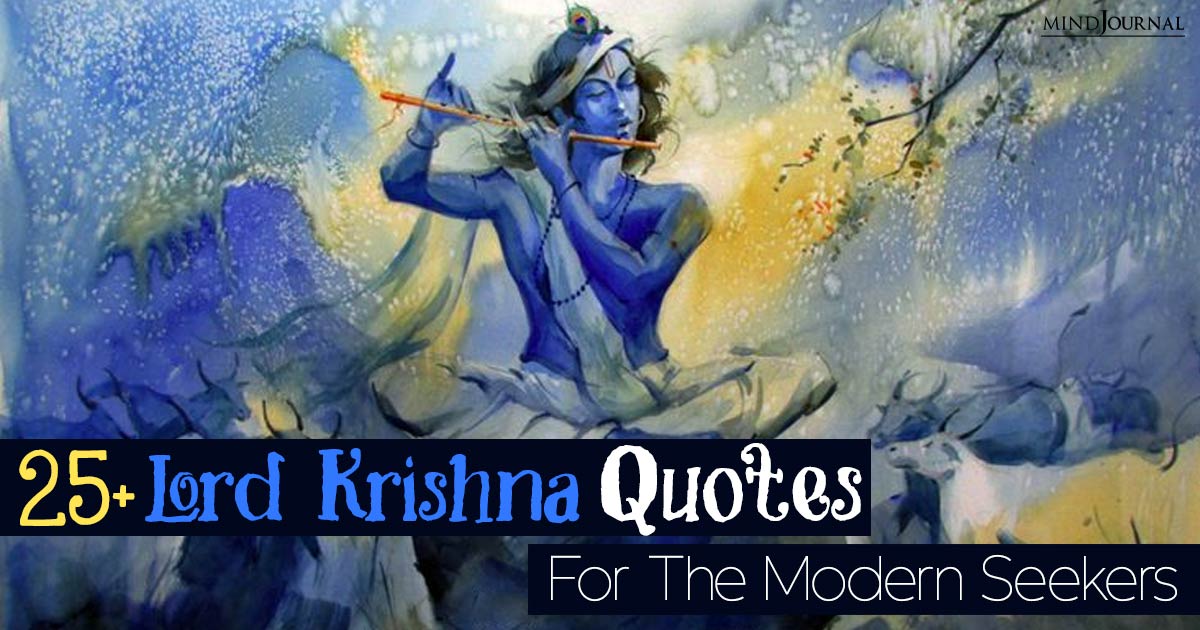
Leave a Reply
You must be logged in to post a comment.